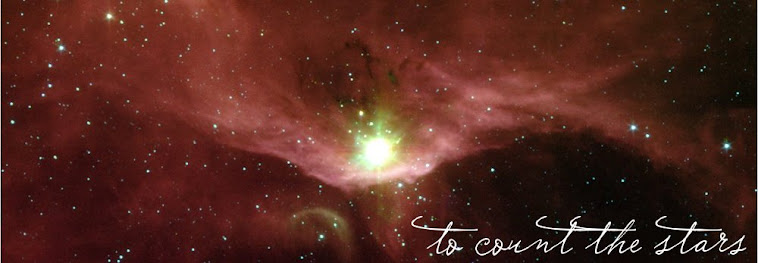We all know that Tolkien's The Lord of the Rings is one novel and not a trilogy, right? It was only published in three volumes because of paper costs and such. So I can just write about the three parts as I read them without ranting about how the first two parts do not have proper endings because they're actually middles and it's a pity so many recentish novels seem to think they can end as incompletely? Awesome.
I've read The Lord of the Rings too many times to want to write a proper reviewy thing as I read it. I get a bit too excited about details like when exactly the reforging of Narsil is first mentioned and will forget to say anything about the obvious and crucial aspects. So I thought instead I'd sort of pick out the theme of fellowship from The Fellowship of the Ring and talk a little bit about loyalties and motivations. (I shan't try to avoid spoilery things, since if you haven't read the book you've probably seen the movie.)
The most obvious at the end of the first part is perhaps Borimir's loyalty to Minas Tirith. I don't think it's just loyalty that makes him so desire the ring, but certainly the loyalty nearly gave the ring a path to being used as it wished. It's interesting to contrast Boromir with Aragorn, who shares a strong loyalty to the city, but tempers it with the counsel of the Wise, a better sense of scale and somethin akin to greater maturity (not that Boromir's immature by any ordinary standard). It's also interesting to compare Sam to Boromir, since he's loyal to Frodo in a way that strikes me as similar to Boromir's loyalty to Gondor. Sam's big tests of character are much further on, though, so there may be more to say later.
Legolas and Gimli are fiercely loyal to the elves and the dwarves respectively; but in Lothlorien and Moria both have to face up to certain shortcomings of their own races and merits of the other's. Ultimately their loyalties don't seem to lessen so much as to mellow into something wherein they can appreciate other civilisations along with their own. They grow, perhaps. I'll try to remember to revisit this thought at Helm's Deep.
Merry and Pippin follow Frodo, although Gondor and Rohan will, I think, claim their loyalty later. Gandalf is rather mysterious; I am inclined to think that he answers to Illuvatar. Gandalf the White may shed some light on that when I get there.
Frodo goes through an interesting change that pretty much frames the first part of the novel. Early on Bilbo says that Frodo still loves the Shiore too much to leave it. Although Frodo thinks of following Bilbo, he never does. It is eventually the threat to the Shire, through the ring, that motivates Frodo. But by the time Frodo sits upon Amon Hen, he is wrestling with fear and his knowledge of what he must do. The Shire isn't particularly a player in his decisions any longer. His new loyalties are perhaps to Middle Earth a a whole; I'm tempted to say to what's right, but I think there are right and wrong ways to express loyalty, which may be the difference between Boromir and Sam.
Frodo is beginning to gain some of the perspective that tempers Aragorn's actions and which Boromir never found. But "the finest hobbit in the Shire" is made of sturdier stuff than Boromir from the start, I think. Even Gandalf and Galadriel are sorely tempted by the offer of the ring; Boromir would take it by force; Bilbo only gives it up with much assistance from Gandalf. Frodo, even after bearing the ring and after the Morgul wound freely offers to give it away. And that, I suppose, is why he must be the ringbearer.

No comments:
Post a Comment